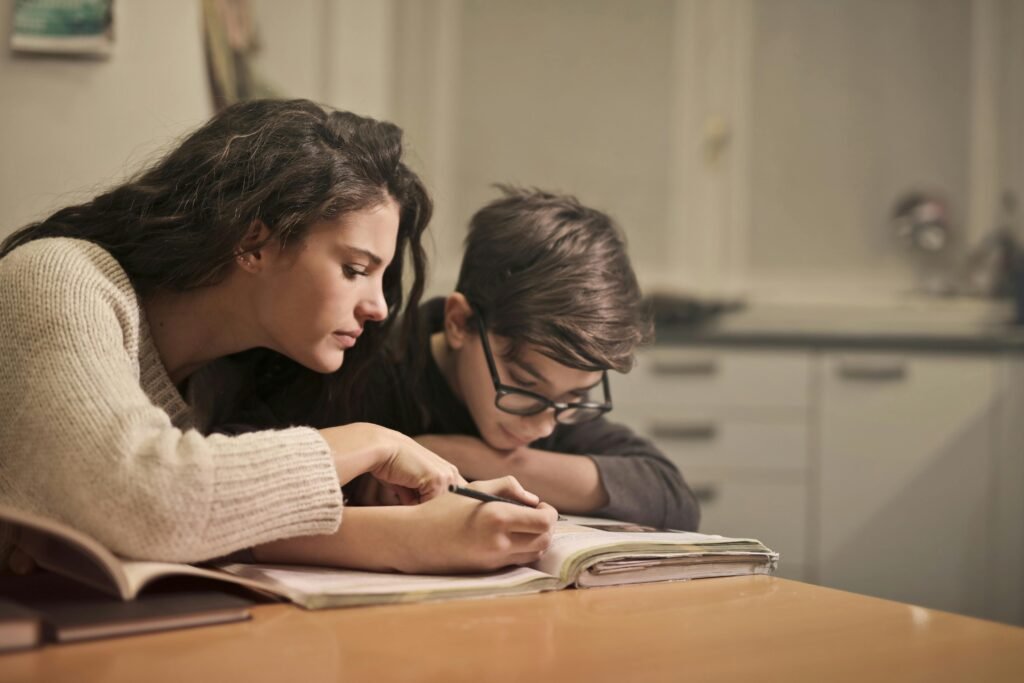
Is giftedness a disability? Giftedness itself is not a disability, but some gifted individuals experience learning or social challenges that require specialized educational and mental health support.
Have you ever wondered if is giftedness a disability? might be more than a simple yes or no question? Giftedness shows up in amazing talents but can also bring struggles that few expect. Let’s dive into what this really means for those who live it every day.
Understanding giftedness vs. disability: definitions and misconceptions
Giftedness and disability are often seen as opposite ends of a spectrum, but the reality is more nuanced. Giftedness refers to exceptional abilities or talents in areas like intelligence, creativity, or leadership. On the other hand, a disability is characterized by impairments that limit certain functions. However, gifted individuals may also have learning disabilities or social challenges, which complicates these labels.
Misconceptions around giftedness can lead to misunderstandings. For instance, people might assume that gifted children excel effortlessly, but many face difficulties such as boredom, anxiety, or social isolation. This is where the idea of “twice-exceptionality” becomes important—individuals who are gifted and also have disabilities need tailored support.
Defining giftedness and disability
Giftedness is often identified through IQ tests or exceptional performance in specific fields. Disabilities vary widely—from physical to cognitive—and may require medical or educational interventions. Recognizing the difference is crucial to providing appropriate help.
Common misconceptions
One common myth is that gifted individuals don’t need help or struggle less. The truth is that some gifted people may mask their difficulties, leading to underdiagnosis of disabilities. Others might be misunderstood or mislabeled, affecting their self-esteem and development.
Overall, the boundaries between giftedness and disability can overlap, requiring careful evaluation and awareness to support each individual’s unique profile.
How giftedness can present challenges in learning and social interaction
Being gifted often means having advanced abilities, but it can also come with unique challenges that impact learning and social interactions. Gifted students might struggle with boredom in school when the material feels too easy, leading to frustration or a lack of motivation.
Socially, gifted individuals may feel isolated or different from their peers. Their intense focus on specific interests can make it hard to connect with others, sometimes causing feelings of loneliness or misunderstanding.
Learning challenges
Despite high intelligence, gifted learners sometimes face difficulties such as perfectionism, anxiety, or difficulty following standard curricula that don’t match their pace. This can result in underachievement or behavioral issues, which are often misunderstood.
Social interaction difficulties
Gifted children may also experience social anxiety or trouble navigating peer relationships. Their advanced vocabulary or ideas might distance them from classmates, while heightened sensitivity can make criticism or conflict particularly painful.
Recognizing these challenges is key. Providing appropriate support helps gifted individuals thrive academically and socially, balancing their gifts with emotional well-being.
Supporting gifted individuals: strategies for education and mental health
Supporting gifted individuals requires a balance of educational adjustments and mental health care. Schools can create personalized learning plans that challenge gifted students without overwhelming them. This may include accelerated programs, enrichment activities, or flexible pacing.
Educational strategies
Providing gifted learners with opportunities to explore their interests deeply helps keep them engaged. Teachers trained to recognize both giftedness and potential struggles can adapt lessons to meet diverse needs. Grouping gifted students with peers who share similar abilities also encourages social interaction and growth.
Mental health support
Gifted individuals often experience heightened sensitivity, anxiety, or perfectionism. Access to counselors or psychologists familiar with giftedness can guide them through emotional challenges. Encouraging open communication and resilience helps build confidence and coping skills.
Parental and community involvement play key roles in support systems. Educating families about giftedness and its complexities fosters understanding and advocacy. Together, educators, parents, and mental health professionals can create a nurturing environment that allows gifted individuals to thrive.
Understanding and supporting gifted individuals
Recognizing that giftedness can come with its own challenges is key to offering the right support. Education tailored to each individual’s needs helps keep them engaged and growing.
At the same time, mental health care ensures that gifted individuals build resilience and confidence. Collaboration between schools, families, and professionals creates a strong support system.
By valuing both the talents and struggles of gifted people, we can help them reach their full potential and lead fulfilling lives.
FAQ – common questions about giftedness and support
Is giftedness considered a disability?
Giftedness is not a disability, but some gifted individuals may have disabilities or face challenges that require support.
What does twice-exceptionality mean?
Twice-exceptionality refers to people who are gifted but also have learning disabilities or other challenges, needing tailored support.
How can educators support gifted students?
Educators can create personalized learning plans, provide challenging material, and foster social connections among gifted students.
What mental health challenges do gifted individuals face?
Gifted individuals may experience anxiety, perfectionism, social isolation, or sensitivity that impact their well-being.
Why is family involvement important for gifted children?
Family support helps gifted children feel understood and advocates for their needs both in and out of school.
How can schools identify gifted students with hidden challenges?
Schools need trained staff to recognize signs of giftedness along with potential learning or emotional difficulties for proper evaluation.

A certified Heal Your Life® Coach with 20+ years in education and emotional development. Supports gifted teens in navigating anxiety, perfectionism, and identity challenges, while equipping parents with practical tools for lasting transformation. Sessions blend emotional healing, mindset mastery, and strategic empowerment.



